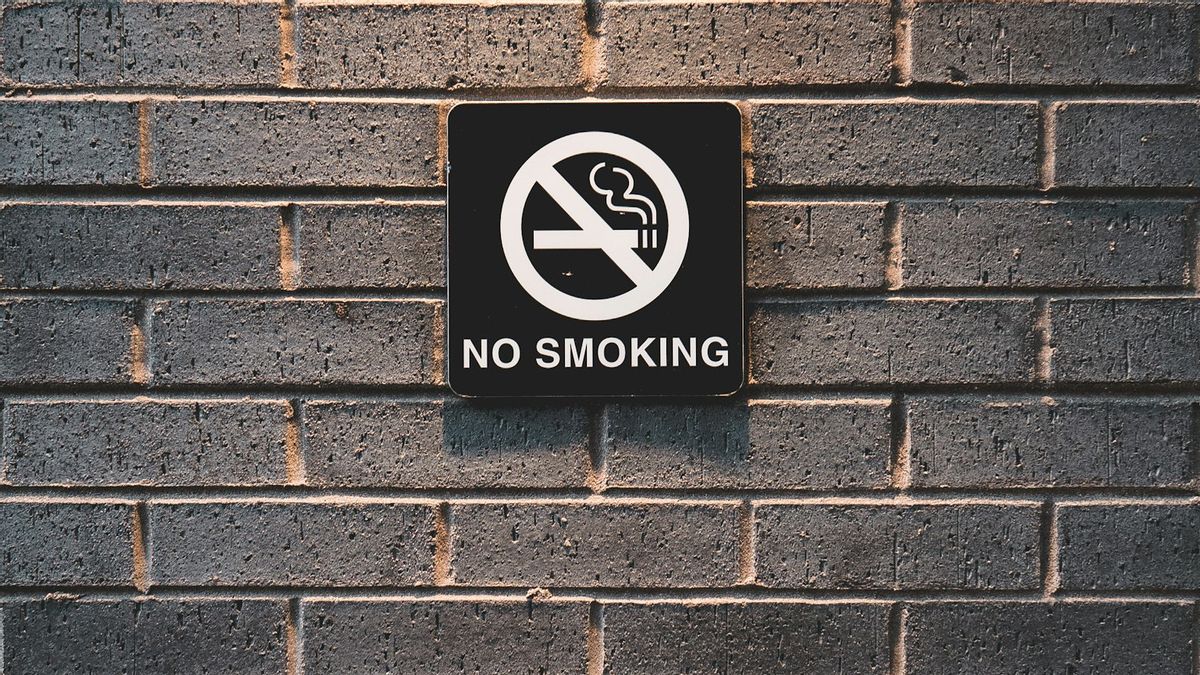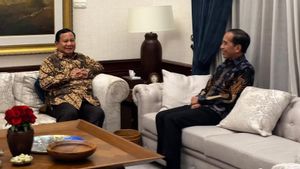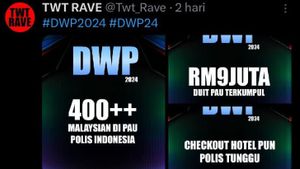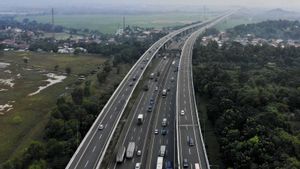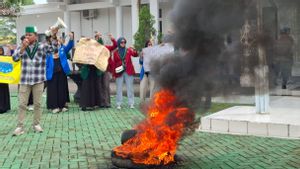JAKARTA - Economic expert from the Center for Economic Policy Research (PPKE) of the Faculty of Economics and Business, Universitas Brawijaya (FEB UB) Malang, East Java stated that the too high increase in excise rates actually risks encouraging the circulation of illegal cigarettes.
According to the Director of PPKE FEB UB Prof. Dr. Candra Fajri Ananda, the results of research by the institution he leads show that the increase in cigarette prices due to the increase in excise rates is not effective in reducing the amount of cigarette consumption.
"When excise rates are increased, it encourages consumers to switch to more affordable illegal products," he said in a statement in Jakarta, quoted from Antara, Monday, September 30.
The results of the study also show that the policy of increasing excise rates in recent years has reached an optimum point, he continued, where further tariff increases were not effective in reducing cigarette consumption.
"Consumers tend to switch to illegal cigarettes or products at lower prices. This not only reduces the volume of legal cigarette production but also has the potential to reduce state revenue from tobacco excise (CHT)," he said.
According to him, the circulation of illegal cigarettes in Indonesia has increased along with the increase in cigarette prices due to the increasing excise rate.
Although the government has stepped up enforcement operations against illegal cigarettes, he added, the data shows that as cigarette prices increase, the number of illegal cigarettes circulating in the market also increases.
In 2023, the results of the PPKE FEB UB study revealed that more than 40 percent of cigarette consumers have bought plain cigarettes without excise stamps.
In addition, simulations carried out by PPKE show that the increase in excise rates from 0 percent to 50 percent could increase the circulation of illegal cigarettes from 6.8 percent to 11.6 percent.
The simulation results show that the potential for CHT to be lost due to the circulation of illegal cigarettes is in line with the increase in excise rates, from Rp4.03 trillion when there is no increase in excise rates (0 percent), up to Rp5.76 trillion when excise is increased by 50 percent.
Related to this, PPKE FEB UB submitted three recommendations for the government, namely first, the moratorium on increasing excise rates to maintain the sustainability of the IHT and prevent a spike in the circulation of illegal cigarettes, while maintaining the stability of state revenue and labor sectors that depend on this industry.
Second, if the excise tariff is intended to reach the balance of the IHT policy pillar, then the excise rate of 4-5 percent (of the current tariff) is the excise rate recommended to be applied in order to achieve a balance between state revenues and the sustainability of the tobacco products industry (IHT).
SEE ALSO:
Third, encourage the government to continue to increase law enforcement efforts against the circulation of illegal cigarettes and adjust cigarette prices according to people's purchasing power.
"These steps need to be taken so that excise tariff policies can provide balanced solutions for consumers, producers, and state revenues," he said.
Responding to this, the Secretary General of the Association of Indonesian Cigarette Factory Associations (GAPPRI), Petrus Riwu said, the increase in cigarette excise rates above 10 percent every year could cause people to switch to cigarettes at lower prices or even illegal cigarettes.
"GAPPRI recommends a moratorium on increasing excise rates and retail selling prices (HJE) during 2025-2027 and not increasing VAT to maintain the sustainability of the industry recovery process and people's purchasing power. As well, intensifying illegal cigarette enforcement operations to suppress its circulation," he said.
The English, Chinese, Japanese, Arabic, and French versions are automatically generated by the AI. So there may still be inaccuracies in translating, please always see Indonesian as our main language. (system supported by DigitalSiber.id)
